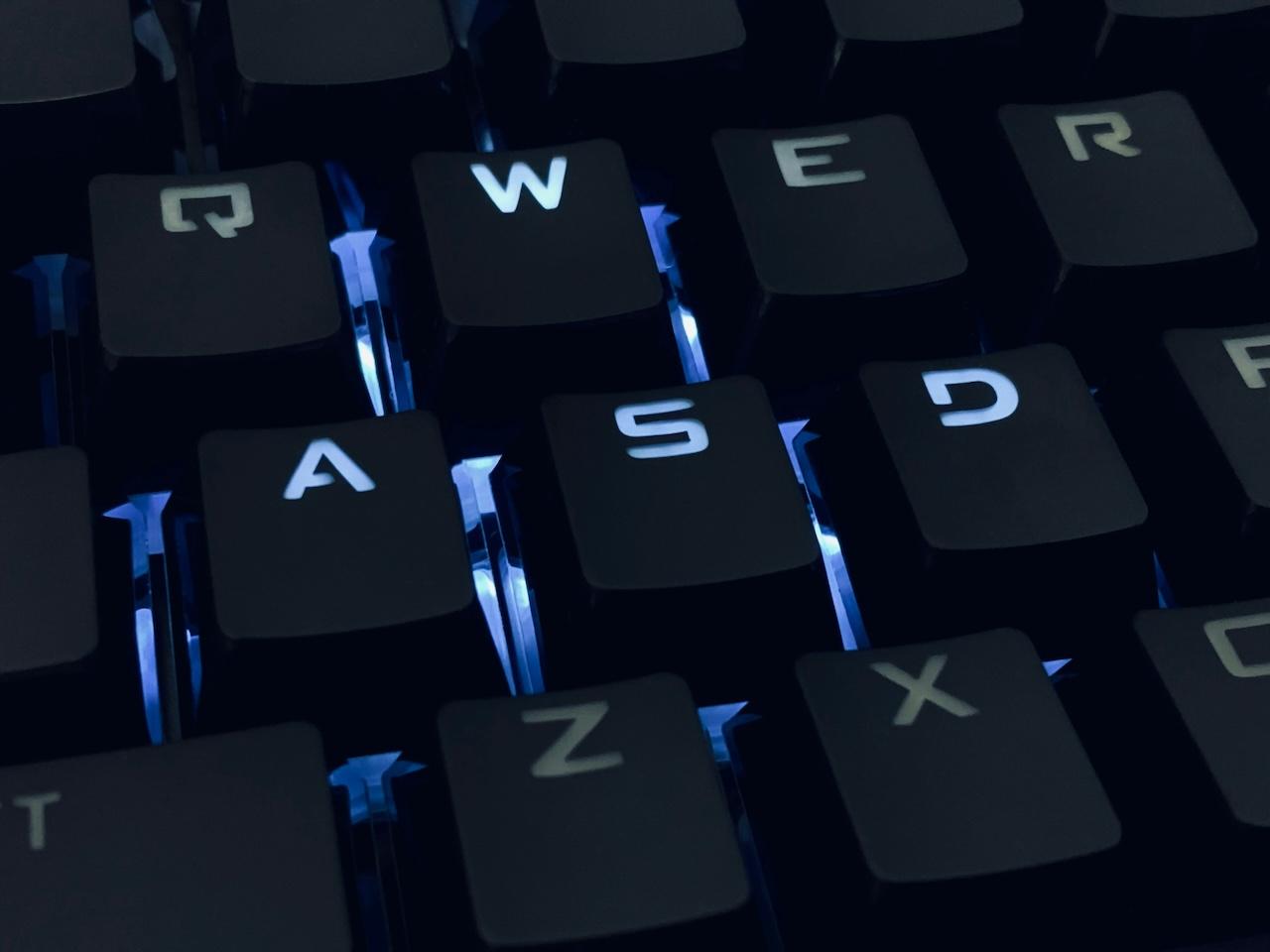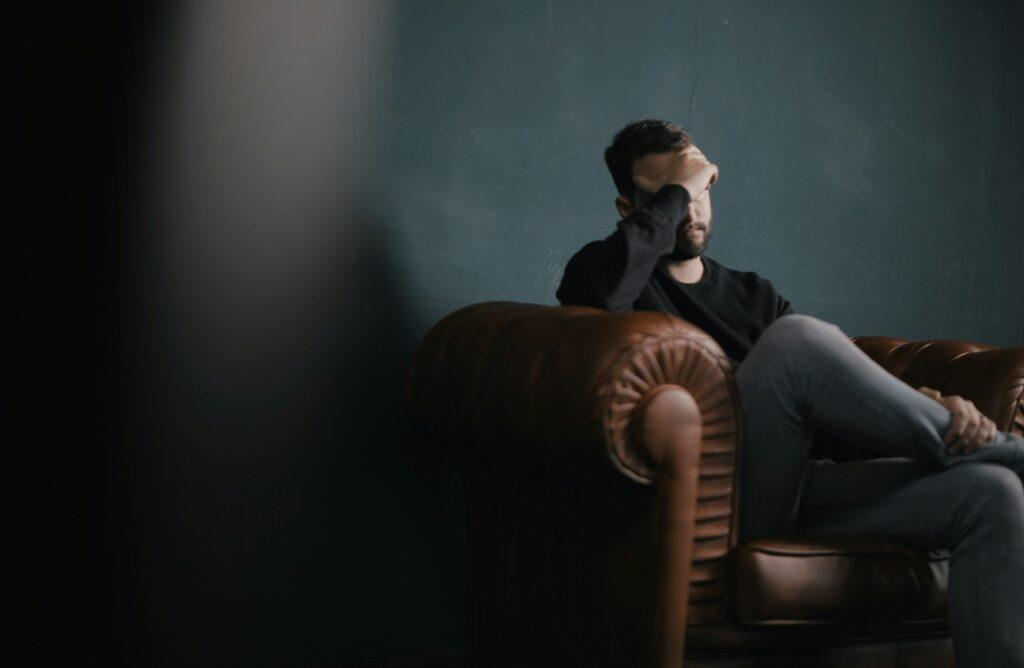Key Takeaways
- Doxxing exposes victims to real-world harm such as harassment, stalking, identity theft, and job loss by making their private information public online.
- While doxxing itself is only explicitly illegal in some states, victims can pursue legal action under existing laws for harassment, threats, and other related offenses.
- Protecting your online privacy through strong passwords, secure devices, and careful social media practices can reduce the risk of doxxing, but legal help is crucial if you become a victim.
The term “doxxing” is used to describe the act of making someone’s private or sensitive information public on the internet. It is considered a form of cyberbullying, but one that often has severe, real-world consequences. Below, we will explore several real-life doxxing incidents, how doxxing affects victims, as well as the legality of doxxing.
Real-Life Examples of Doxxing
The act of publicizing an individual’s personal information with the intent to harm has been around for centuries, but with the rise of the internet, it has become significantly more common. The following are several high-profile examples of doxxing.
2024 Isreal-Palestine Doxing
In one recent doxxing incident relating to the ongoing Isreali-Palestinian conflict, a private WhatsApp group comprising over 600 Australian Jewish creatives and academics was infiltrated by a pro-Palestine activist group after a discussion of racially motivated, anti-Palestinian doxxing took place within the group.
As a retaliatory measure, pro-Palestinian activists released the contact information, addresses, and photos of hundreds of Jewish people, many of whom were not involved in the original discussion. This resulted in the victims receiving threats, vandalism to their homes and businesses, and loss of employment.
In another incident related to the conflict, a woman named Olivia Lynch was doxxed after she was recorded taking down a politically motivated poster. After receiving thousands of threatening messages over the course of several months, Lynch lost her job and was forced to file for unemployment.
2020 Election Voting Machine Doxxing
After President Joe Biden won the 2020 election, employees at companies that provide election technology were the target of a widespread doxxing campaign by Trump supporters who repeated the former president’s false statement that he had won the election. The effects of the attack were felt for years, resulting in at least one restraining order in 2022 and increased protections for employees in the 2024 election.
2015 GamerGate Doxxing
While the GamerGate doxxing incident took place close to ten years ago, the repercussions are still felt by victims, and it is often referred to as one of the most heinous acts of doxxing in American history. The attacks were primarily anti-feminist, targeting both female game developers and game journalists, motivated by the perception that they had received special treatment in the industry due to their gender.
The attacks consisted of rape and death threats, nonconsensual publishing of the victims’ nude photos, home and work addresses, swatting, public harassment by alt-right leaders, and even the hacking of the victims’ social media accounts. Victims of the attack were forced into relocation, and many suffered the loss of their jobs, privacy, and security.



What Are the Consequences of Doxxing for Victims?
As illustrated in the examples above, the consequences of doxxing can be felt for years. Here are just a few of the many ways that doxxing can have an impact on victims.
Stalking and Harassment
When a person’s personal information, such as home and work addresses, phone numbers, email addresses, and social media accounts, becomes public, it opens up avenues for anyone (not just the perpetrators) to target and harass them. This can result in unwanted in-person visits, stalking, and even assault. In many cases, it can even lead to the harassment of the victim’s friends, family, employers, and co-workers, causing persistent anxiety and emotional trauma.
Identity Theft
The public sharing of another person’s personal information not only invites emotional or physical assault but can also lead to identity theft. In some doxxing cases, the perpetrator may publish a victim’s banking information, social security number, phone number, and address, making it easy for a willing participant to access their accounts.
Loss of Employment or Housing
In the cases of politically- or culturally-motivated doxxing, the crime often puts pressure on employers and landlords to cease their relationships with the victim due to public shame or constant harassment. In many cases, this is the ultimate goal of doxxers who aim to uproot their victims’ lives out of perceived retribution or even spite. If the case is severe and public enough, the victim may have issues seeking housing or employment for many years.
Psychological Effects
The fear and anxiety caused by doxxing can lead to severe emotional distress, PTSD, and depression. Many victims struggle with feelings of paranoia and helplessness. The mental health toll of doxxing can affect a victim’s personal relationships and overall well-being for many years.

What are the Legal Ramifications of Doxxing?
While the act of doxxing has been around since the 1990s, it hasn’t technically been considered a crime until very recently. As of now, there are only a handful of states that have explicit laws against publishing a person’s private information with ill intent.
However, while you may not be able to charge someone with “doxxing” in most states, you can charge them for the resulting consequences of the act. Most states have laws against harassment, stalking, and threats, and many other laws may apply as well, including cyberbullying laws, sexual harassment, unsolicited publication of nude photos, libel, and identity theft, most of which have severe legal ramifications.
While you may not be able to charge someone with “doxxing” in most states, you can charge them for the resulting consequences of the act.
Tips for Protecting Yourself From Doxxing
Below are some of the ways you can reduce the risk of being doxxed:
- Adjust your privacy settings. Having a public social media account allows strangers to access some of the most intimate details of your life, which may include where you live and work, your contact information, and details about your friends and family members. Adjusting your privacy settings can lower the chances of this information being used against you.
- Be careful what you post online. Assume that anything you post publicly will be there forever and consider what effect it may have if your posts or personal information fall into the wrong hands.
- Use strong passwords. Ensure your passwords are both strong and unique across different websites. When creating a password, use a combination of numbers, upper and lowercase letters, and symbols. If you haven’t done so already, turn on 2FA on all critical accounts.
- Secure your devices. In addition to your online accounts, it’s also important to password-protect your devices and make sure to update them with the latest antivirus protection available.
Why It’s Important for Doxxing Victims to Consult a Lawyer
While there are strategies you can take to protect yourself against doxxing, there is always a chance that your privacy can be compromised. The good news is that there are laws that enable you to address crimes similar to doxxing, if not the act itself, but these situations require an experienced lawyer who understands the nuances of building a strong doxxing case. A doxxing lawyer can not only help you pursue legal action against a doxxer, but they can also help you scrub your personal information online, ensuring you are protected against any further harm.
If You’ve Been Doxxed, Speak With Our Attorneys Today
As a law firm with extensive experience representing our clients in harassment and stalking cases and whose primary goal is to protect the safety of our clients, Chiappetta Trial Lawyers understands the danger that doxxing presents. These cases often affect many facets of a person’s life, including their career, relationships, housing, and most importantly, their sense of security. If you have been doxxed or have been threatened or harassed, our lawyers can help. Contact us today for a free case consultation.




